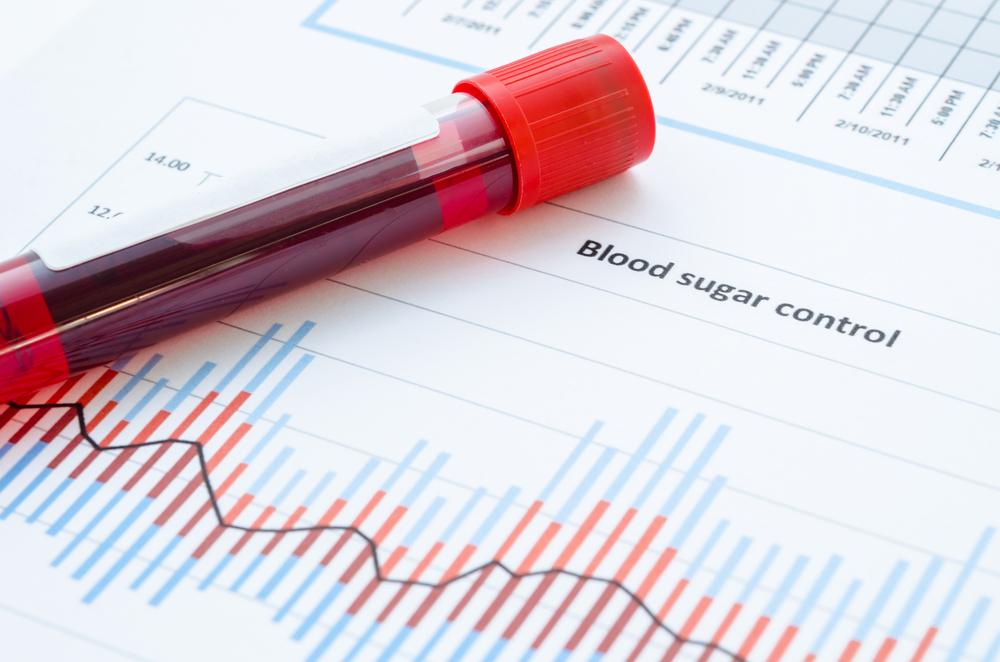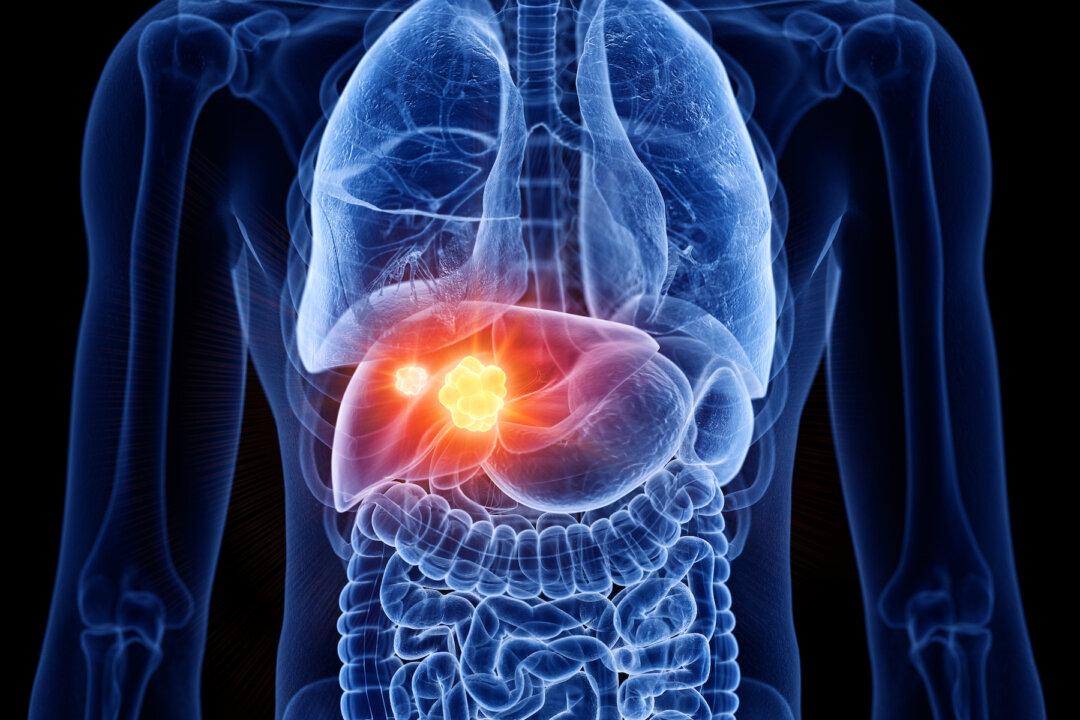Did you know that white bread contains 20 grams of starch? After eating it, the body transforms that starch into sugar, causing a rapid increase in your blood sugar levels and providing you with a temporary boost in energy. But a higher blood sugar is not necessarily a good thing, especially in the long-term. Your blood sugar dictates the amount of insulin your body produces. The higher the insulin level, the more your body stores the excess sugar as fat. You should aim to keep it at a low level if you want to lose weight.
Carbohydrates tend to have a high glycemic index level, which means they are rapidly digested by the body. However, this means you will need more of it to remain full in the long-term, raising the issue of obesity.





